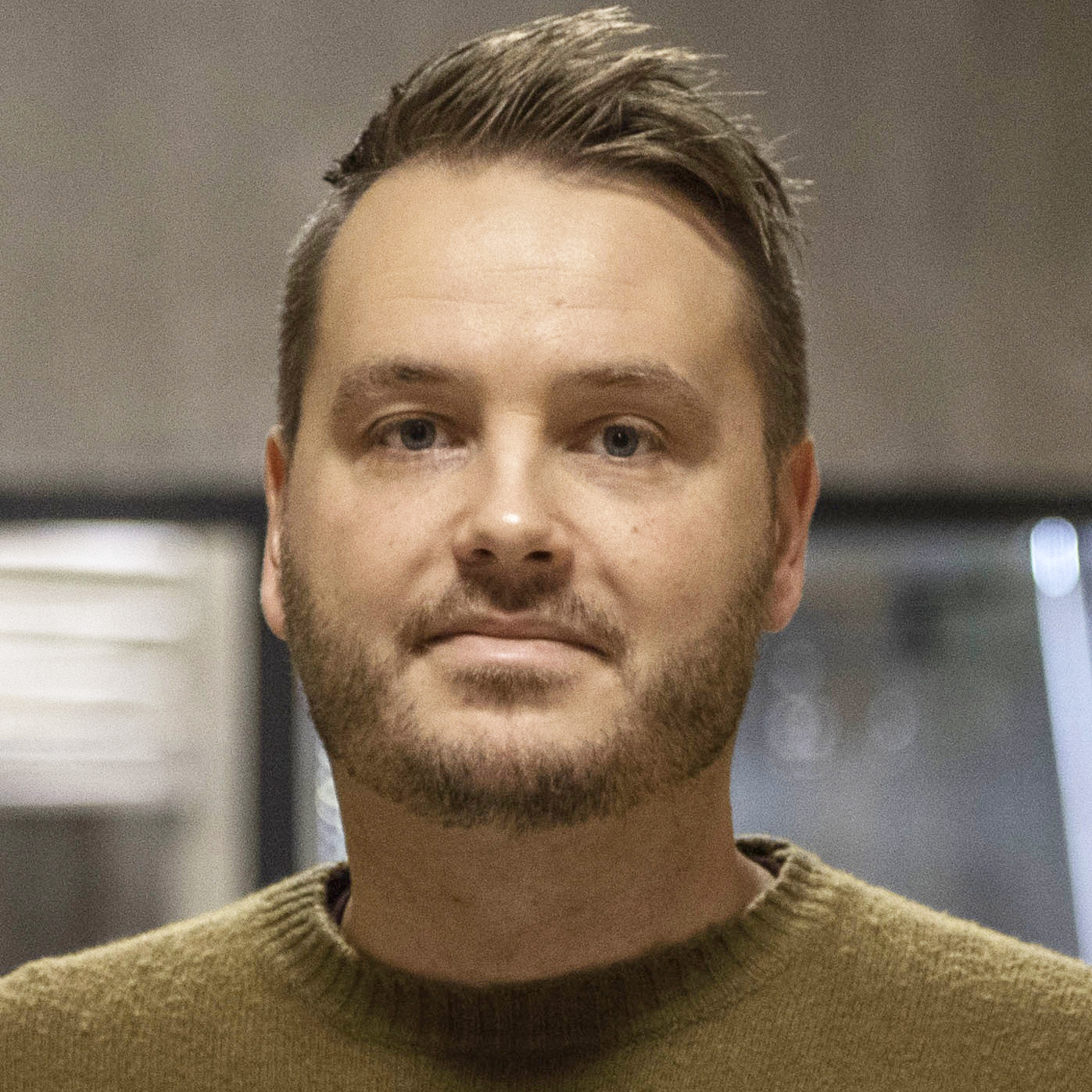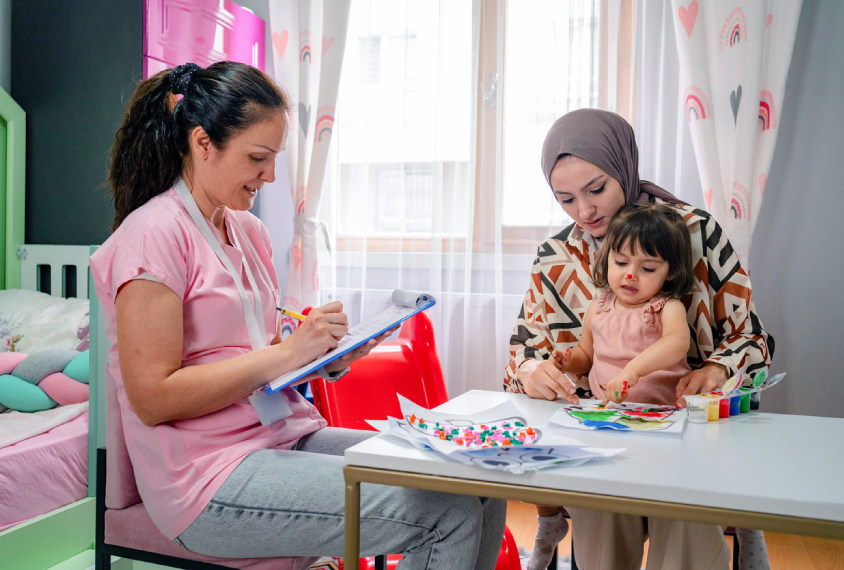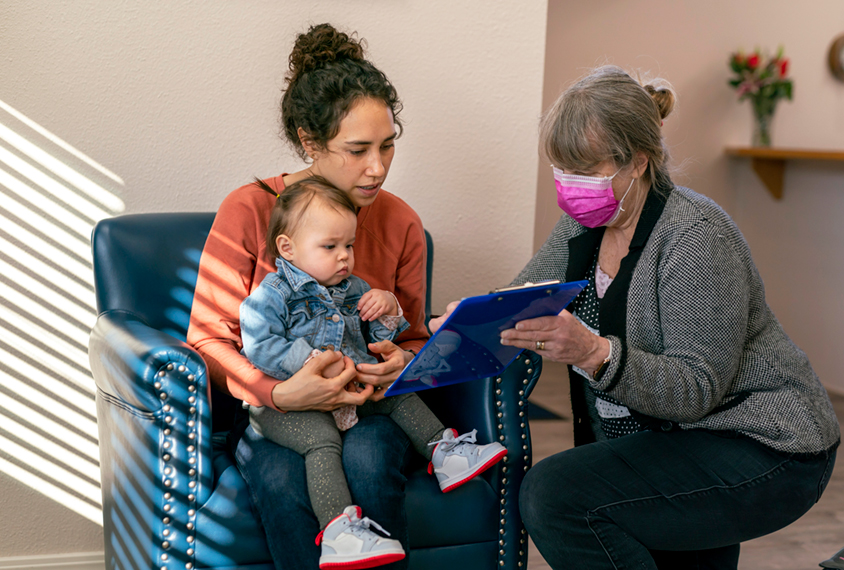Roald Øien is professor of special education and developmental psychology at the Arctic University of Norway and adjunct assistant professor at the Yale Child Study Center.

Roald Øien
Professor
Arctic University of Norway and Yale Child Study Center
From this contributor
Journal Club: Meta-analysis oversells popular autism screen
The Modified Checklist for Autism in Toddlers (M-CHAT) accurately flags autistic toddlers, a new systematic review and meta-analysis suggests, contrary to past evidence that the tool’s validity varies depending on a child’s age and traits. Experts weigh in on the discrepancy.

Journal Club: Meta-analysis oversells popular autism screen
Reimagining autism screening: A conversation with Roald Øien
The questionnaires used to screen for autism are far from perfect, and tweaking them may not be enough. Roald Øien wants researchers to find better solutions.

Reimagining autism screening: A conversation with Roald Øien
Explore more from The Transmitter
Dendrites help neuroscientists see the forest for the trees
Dendritic arbors provide just the right scale to study how individual neurons reciprocally interact with their broader circuitry—and are our best bet to bridge cellular and systems neuroscience.

Dendrites help neuroscientists see the forest for the trees
Dendritic arbors provide just the right scale to study how individual neurons reciprocally interact with their broader circuitry—and are our best bet to bridge cellular and systems neuroscience.
Two primate centers drop ‘primate’ from their name
The Washington and Tulane National Biomedical Research Centers—formerly called National Primate Research Centers—say they made the change to better reflect the breadth of research performed at the centers.

Two primate centers drop ‘primate’ from their name
The Washington and Tulane National Biomedical Research Centers—formerly called National Primate Research Centers—say they made the change to better reflect the breadth of research performed at the centers.
Post-infection immune conflict alters fetal development in some male mice
The immune conflict between dam and fetus could help explain sex differences in neurodevelopmental conditions.

Post-infection immune conflict alters fetal development in some male mice
The immune conflict between dam and fetus could help explain sex differences in neurodevelopmental conditions.